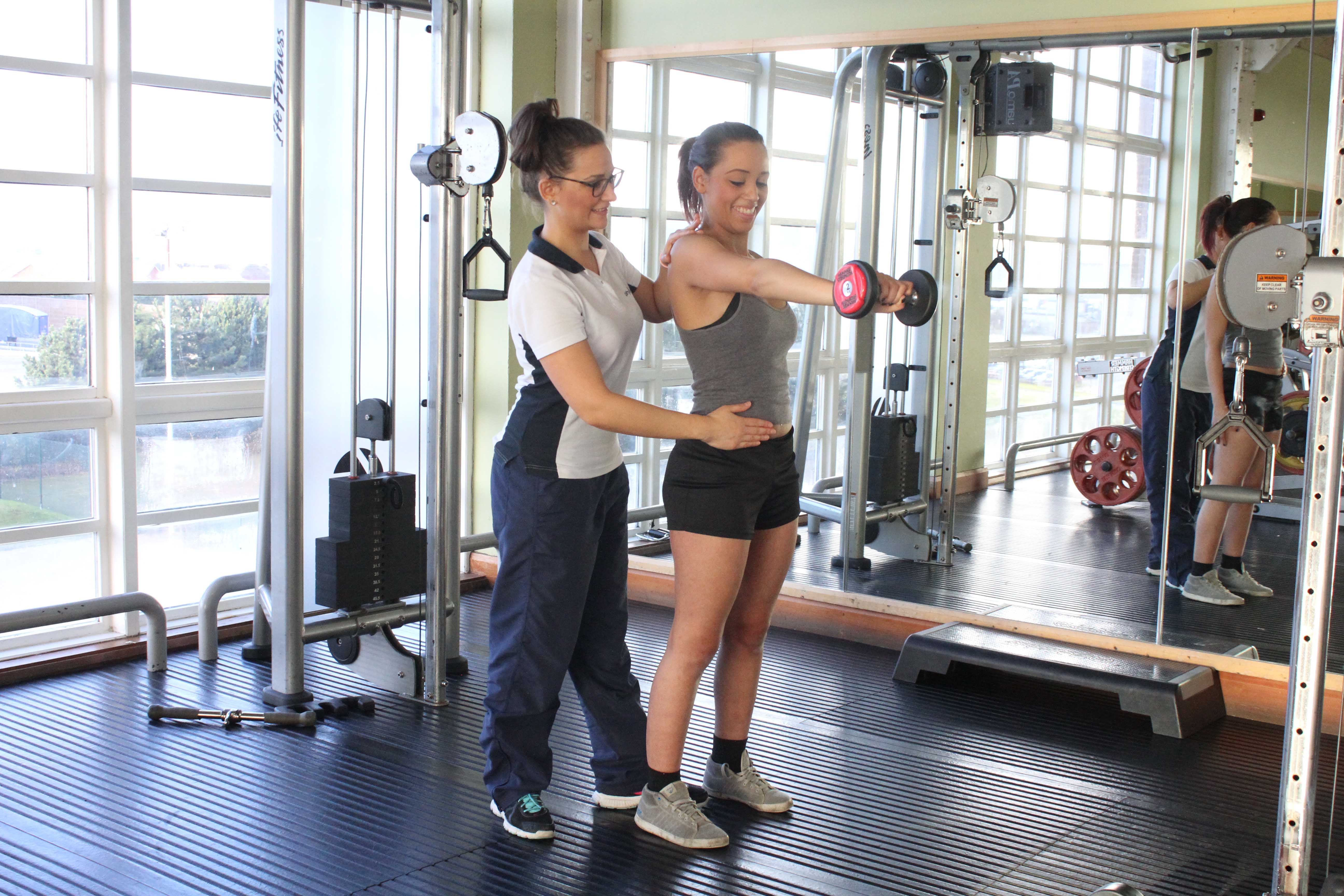What is a peripheral nerve injury?
Peripheral nerve injurys are caused by damage to the peripheral nerves and/or the surrounding tissue. This is often as a result of trauma or compression of the nerve. Peripheral nerves connect the brain and spinal cord (central nervous system) to the limbs and the organs. A peripheral nerve injury can be complete or incomplete and can cause partial or total loss of motor and or sensory function depending on the type of injury.
 Above: functional hand exercises to address loss of sensation and fine motor control in limb peripheries
Above: functional hand exercises to address loss of sensation and fine motor control in limb peripheriesDiagnosis of peripheral nerve injury
A physical examination and history of your symptoms or accident will be conducted in order diagnose a peripheral nerve injury. Other tests such as a CT scan or a nerve conduction study may be carried out to confirm a diagnosis.
What is the cause of a peripheral nerve injury?
Injury to the nerve can be caused by:
- Car accident
- Fall
- Burns
- Violence including knife or gunshot wound
- Pressure on the nerve for an extended period, e.g. stirrups in childhood or falling asleep on your arm.
Peripheral nerve injury may result in demyelination of nerves, axonal degeneration, ischemia, oedema of the surrounding tissue and infection which disrupt motor and/or sensory function of the injured nerve.
Complete nerve injuries disrupt all the neurons across the injured segment, causing total loss of motor or sensory function.
Incomplete nerve injuries damage only some neurons which cause some loss of muscle strength and sensation below the level of the injury. A chance of a full recovery is enhanced as some neurons remain undamaged.
Peripheral nerves have the capability to regenerate following injury to some degree. However, restoration of nerve function (reinnervation) can be achieved by nerve grafting. This involves reattaching the ends of the torn fibres using a graft so that function can be restored.
What are the effects/symptoms of a peripheral nerve injury?
Symptoms of a peripheral nerve injury may include:
- Muscle weakness of the affected body part
- Loss of feeling or abnormal sensation
- Pain ranging from tingling to burning.
- Lack of muscle control
- Decreased range of movement of the affected joint
Physiotherapy for peripheral nerve injury
Peripheral nerve injury is frequently associated with soft tissue and other musculoskeletal damage. Physiotherapy treatment will focus on all involved tissues and help you regain a full recovery as soon as possible
Neurological physiotherapy treatment can stimulate sensory and motor receptors so that you are able to perform tasks to the best of your ability. At Physio.co.uk, physiotherapy treatment will improve your functional ability such as walking, household chores and shopping. Physiotherapy should commence as soon as possible following for the best possible recovery.
Your physiotherapist will provide specialised treatment programmes tailored to your symptoms. Physiotherapy treatment may include:
- A supervised range of movement program to maintain muscle length and strength
- Activities to promote nerve motion and gliding
- Advice about positioning to reduce any swelling and increase comfort
- Functional electrical stimulation and bracing / splinting to:
- a. reduce the development of scar tissue
- b. increase sensation
- c .manage neuropathic pain
To book an appointment call 0330 088 7800, or alternatively request a free consultation.

 0330 088 7800
0330 088 7800


































